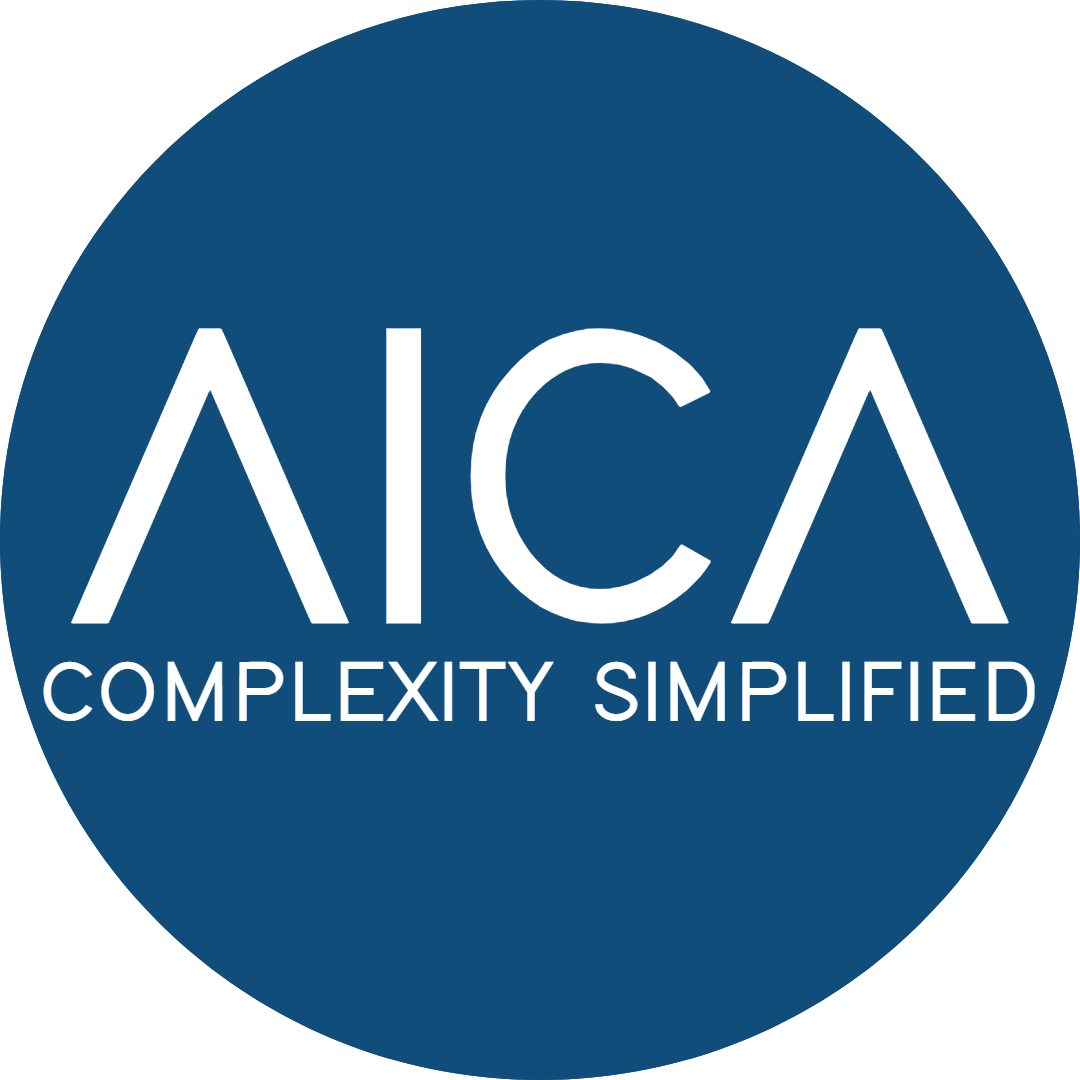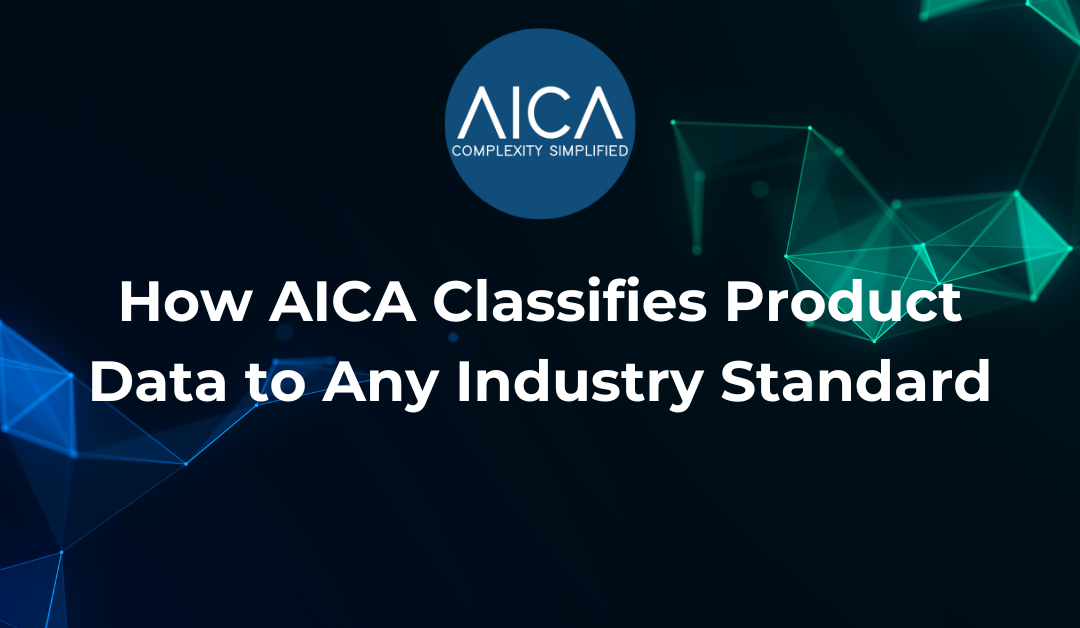Standardising product and service data through industrial product classification is essential for accurate procurement, inventory control, and compliance. For many industrial companies, this begins with classifying items under recognised frameworks like UNSPSC or GS1 GPC. But in practice, businesses often need more flexibility than a single standard allows
Some organizations use internal taxonomies built around their specific operations. Others must comply with regional regulations or support classification across multiple systems. Unfortunately, most classification tools are limited, designed to handle only one taxonomy or predefined schema.
At AICA, we’ve taken a different approach.
A Foundational Model for Industrial Product Classification
AICA’s classification engine is powered by a foundational AI model trained specifically on MRO and heavy industrial data. This means it’s not tied to a single taxonomy. Instead, it understands the structure, terminology, and attributes common across industrial product records, allowing us to map data to almost any standard a client requires.
Whether your business operates with UNSPSC, GS1 GPC, ECLASS, ETIM, or a fully custom internal structure, AICA’s platform can support it.
We work closely with clients to configure their classification logic, ensuring the system reflects how your business actually operates.
Why Flexibility in Classification Matters
Many large enterprises operate across multiple sites, countries, or business units, each with different data standards. Procurement may follow global frameworks like UNSPSC, while maintenance and engineering teams rely on legacy classifications or internal naming conventions.
Trying to enforce a single rigid structure across all functions often leads to friction, manual rework, and loss of trust in the system.
AICA solves this by offering flexible taxonomy support. We don’t just classify products to a global standard; we also support dual mappings, custom hierarchies, and client-specific naming rules. This allows different teams to work from a shared data foundation while maintaining the structure they need.
Built for MRO and Heavy Industry Use Cases
Unlike generic classification systems designed for retail or e-commerce catalogs, AICA is purpose-built for industrial environments. Our platform handles unstructured, multilingual, and technical product descriptions with high accuracy.
It understands typical MRO challenges, including part aliases, supplier-specific terms, missing attributes, and language inconsistencies. Our models have been trained on real-world industrial datasets, so they recognise how parts are described and used in the field, not just how they appear in a spec sheet.
The result is a classification engine that doesn’t require perfect input. It can interpret partial data, normalise language, and assign accurate codes based on context and usage patterns.
Supporting Complex Business Needs
AICA’s clients often operate in complex environments where no single classification system is enough. In many cases, we’ve helped organisations:
- Migrate from fragmented internal structures to a unified taxonomy
- Maintain dual mappings between UNSPSC and internal codes
- Classify products for regional compliance while keeping a global master structure
- Align supplier-provided catalogs with internal standards automatically
We enable this flexibility through our foundational AI model and deep integration with ERP, EAM, and procurement systems. Whether you’re onboarding new materials or cleaning legacy records, AICA adapts to your business, not the other way around.
Conclusion
Product data classification shouldn’t be a rigid, one-track process. Industrial organisations need adaptable, accurate systems that reflect the complexity of their operations.
AICA’s foundational classification model gives you the ability to organize your data the way your business requires, whether that’s UNSPSC, GS1 GPC, ECLASS, or something unique to your operations.
To learn how we support flexible classification models for MRO and heavy industry, get in touch with our team.
Copyright Reserved © AICA Data International Ltd 2025

